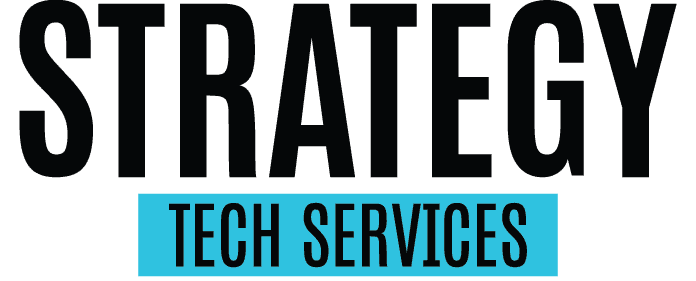
In today’s digital landscape, cyber threats are more advanced than ever. Business owners face constant risks from malware, hackers, and data breaches. Protecting your company’s data requires the right cybersecurity solutions, but many struggle to understand whether they need antivirus software, firewall security, or both.
As a managed service provider in Kansas City with 14 years of experience protecting businesses, we’ll break down the differences between antivirus and firewall software, their unique roles in cybersecurity, and how to choose the right solutions for your business.
Understanding Antivirus Software
What Is Antivirus?
Antivirus software is designed to detect, prevent, and remove malicious software (malware) such as viruses, trojans, ransomware, and spyware from your computer. It works by scanning files and applications for known threats and suspicious behaviors, helping to keep your business safe from harmful attacks.
How Antivirus Protects Your Business
- Malware Detection & Removal: Antivirus continuously scans files for viruses, trojans, and worms, removing any detected threats.
- Real-Time Threat Monitoring: Advanced antivirus solutions use AI-powered algorithms to detect suspicious activity before it causes harm.
- Phishing Protection: Many antivirus programs include anti-phishing features that block malicious email attachments and links.
- Data Protection: By preventing malware infections, antivirus helps safeguard sensitive customer and business data.
Do All Businesses Need Antivirus?
Absolutely. Any company using computers, emails, or online applications is at risk of cyberattacks. Without antivirus software, your systems are vulnerable to threats that can compromise financial records, customer information, and business operations.
Understanding Firewall Security
What Is a Firewall?
A firewall acts as a security barrier between your business network and external threats. It monitors incoming and outgoing traffic, blocking suspicious connections that could lead to cyberattacks.
There are two main types of firewall security:
- Hardware Firewalls: Physical devices that filter network traffic at the perimeter. These are common in business environments to protect entire office networks.
- Software Firewalls: Programs installed on individual devices to monitor traffic and block threats at the application level.
How Firewalls Protect Your Business
- Blocks Unauthorized Access: A firewall prevents hackers from accessing your business network.
- Monitors Traffic in Real-Time: It filters data packets to identify and block suspicious connections.
- Prevents Malware Spread: Firewalls stop malware from spreading between devices by restricting malicious traffic.
- Enhances Network Security: Firewalls provide an essential first line of defense for internet-connected businesses.
Do All Businesses Need Firewall Security?
Yes. Whether you run a small business or a large corporation, a firewall is essential to control traffic and prevent unauthorized access. Without it, your network is vulnerable to cyberattacks, data breaches, and ransomware infections.
Antivirus vs. Firewall: Key Differences
| Feature | Antivirus Software | Firewall Security |
|---|---|---|
| Primary Function | Detects and removes malware | Blocks unauthorized network access |
| Protects Against | Viruses, ransomware, spyware, trojans | Hackers, unauthorized connections, network-based attacks |
| How It Works | Scans files, emails, and applications | Monitors and filters network traffic |
| Essential For | All business devices (computers, servers) | Entire business network security |
Choosing the Right Security Solutions for Your Business
- Invest in Business-Grade Antivirus and Firewall Software
Consumer-grade security software may not provide adequate protection for businesses. Strategy Tech Services recommends enterprise-level antivirus and firewall solutions designed to handle advanced threats.
- Implement a Managed Security Solution
Managing antivirus and firewalls on your own can be challenging. Working with a managed service provider in Kansas City, like Strategy Tech Services, ensures that your cybersecurity measures are up-to-date, monitored 24/7, and proactively maintained.
- Regularly Update and Patch Security Software
Cyber threats evolve constantly, so keeping your antivirus and firewall security software updated is critical. A reliable IT helpdesk can assist with updates, patches, and ongoing monitoring.
- Train Employees on Cybersecurity Best Practices
Even the best security tools can’t prevent human errors. Educate employees about recognizing phishing emails, using strong passwords, and following cybersecurity protocols.
- Schedule a Cybersecurity Audit
Not sure if your business is fully protected? Strategy Tech Services offers cybersecurity assessments to identify vulnerabilities and recommend tailored security solutions.
Want to Learn More About Protecting Your Business?
Both antivirus software and firewall security are essential for protecting your business from cyber threats. While antivirus defends against malware, a firewall prevents unauthorized access—working together to provide complete protection.
Want to learn more about IT security? Our free weekly e-course provides actionable IT insights direct to your email. Sign up today to start improving your IT!


